
- Issue 175
- July 2024
Issue 175
Our annual rundown of the top places to live.
In This Issue

- 175 | Issues
- 4 min read
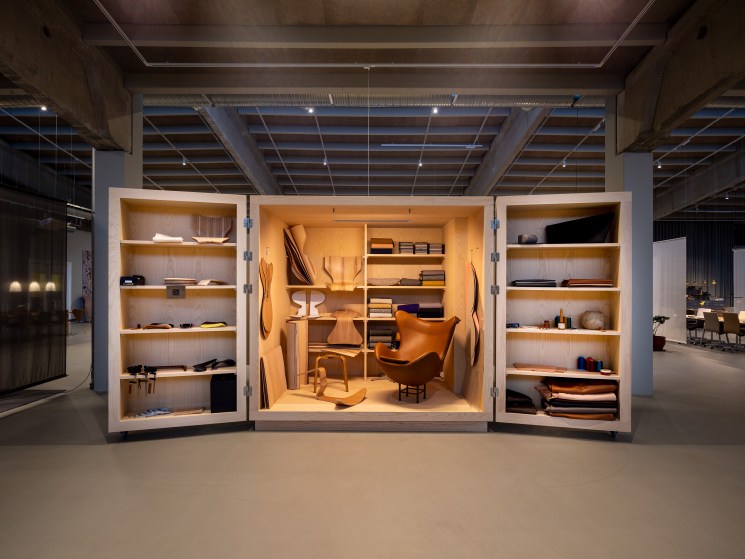
- 175 | Issues
- 17 min read
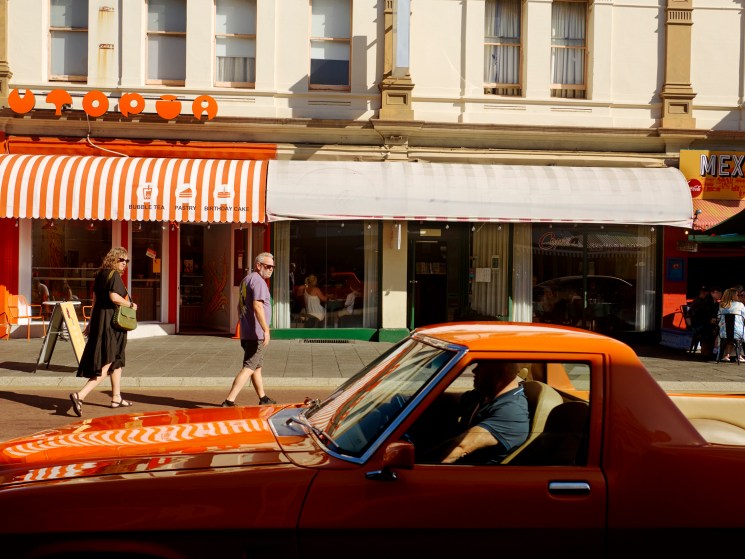
- 175 | Issues
- 22 min read

- 175 | Issues
- 2 min read

- 175 | Issues
- 6 min read
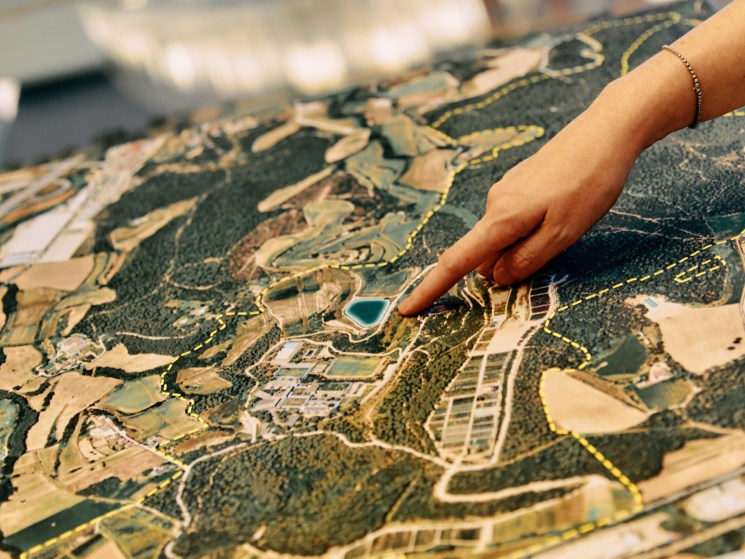
- 175 | Issues
- 8 min read
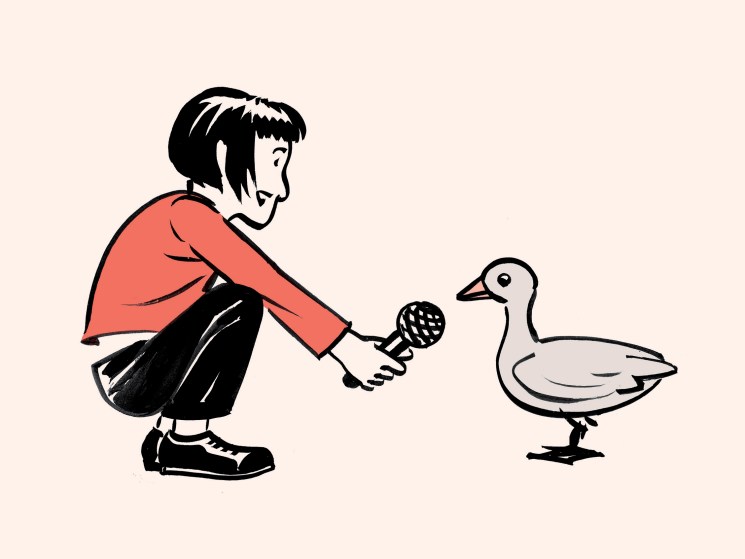
- 175 | Issues
- 17 min read
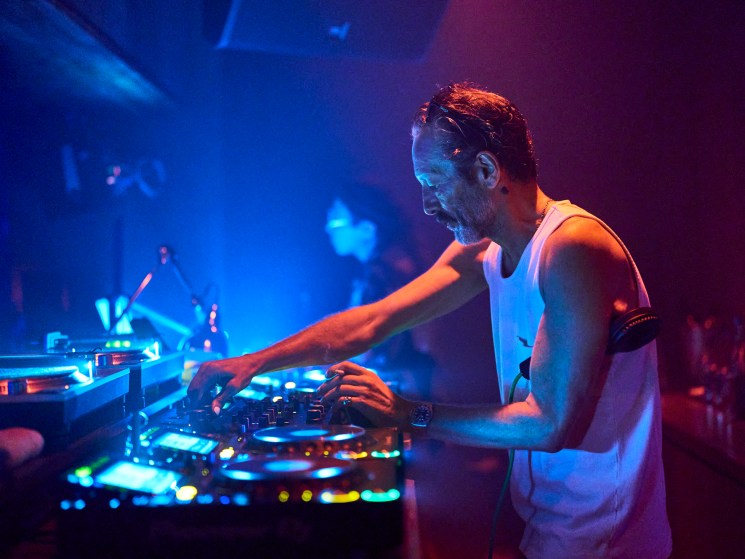
- 175 | Issues
- 6 min read

- 175 | Issues
- 7 min read
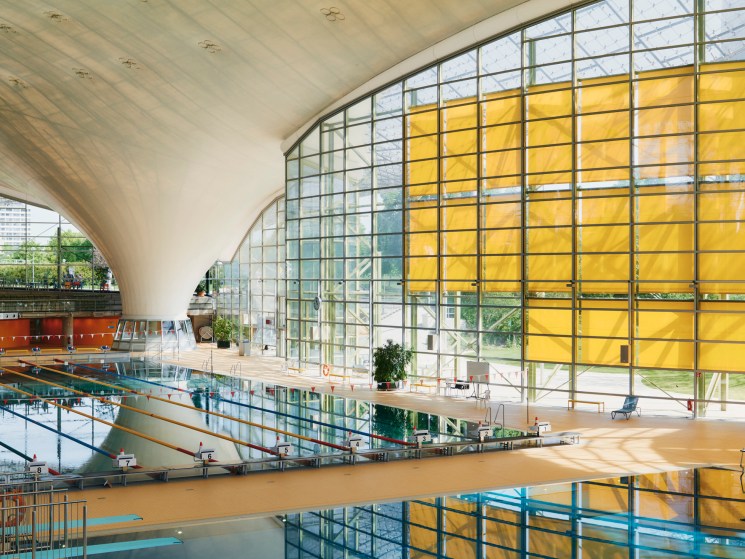
- 175 | Issues
- 14 min read
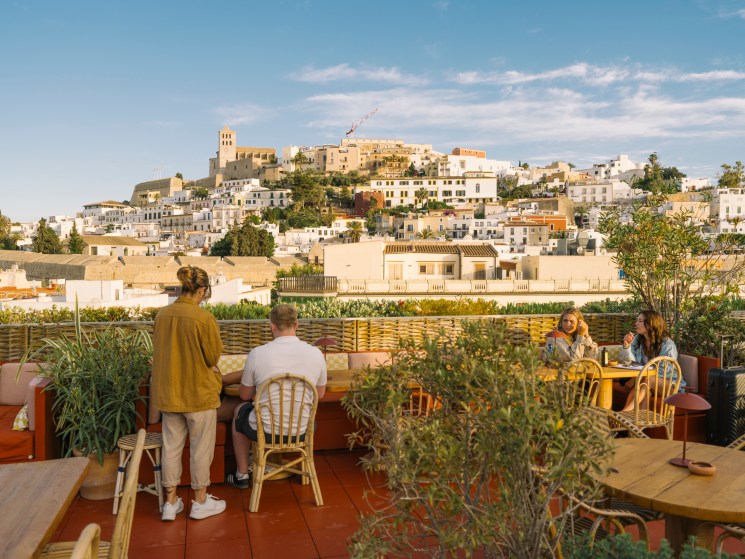
- 175 | Issues
- 15 min read
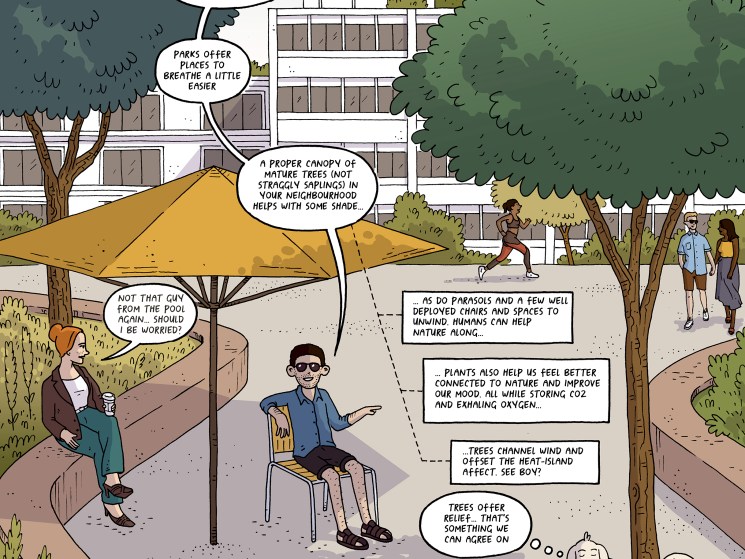
- 175 | Issues
- 3 min read


